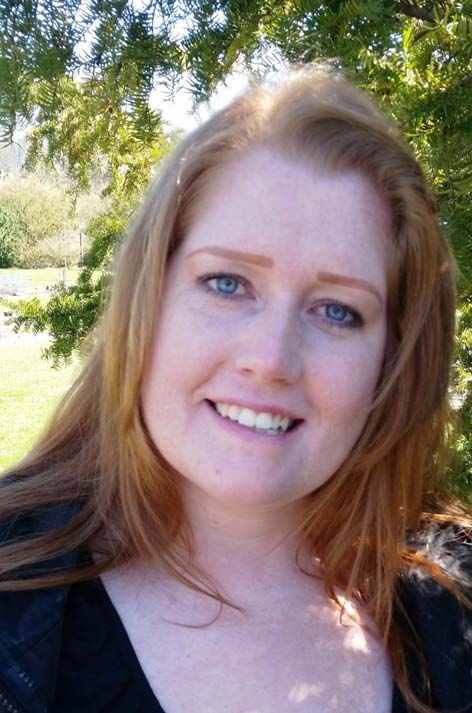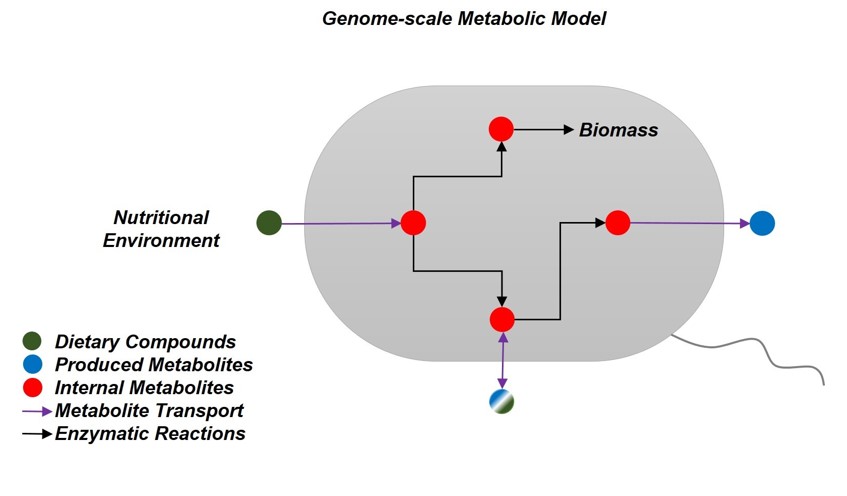Dr. Nancy Weiland-Bräuer – opening of habilitation procedure – 21.09.
Dear professors, dear colleagues,
I cordially invite you to my presentation at the opening of my habilitation process in the Biology section. The lecture will take place within the Biological Colloquium on September 21, 2020 at 4 p.m.
Due to the corona pandemic and the related hygiene guidelines, the lecture is offered as a hybrid event. A limited number of participants (48 people) can be present in lecture hall E62, Am Botanischen Garten 1-9. If you are interested, please enter your name and telephone number until September 14, 2020 in the prepared document, which you can find under the following link: https://cloud.rz.uni-kiel.de/index.php/s/AD3CZoApgXt8S23. You can also follow the event via ZOOM. To do this, please use the following link: https://uni-kiel.zoom.us/j/97179474635?pwd=SlNyNmg5bjNkRk1ZWXlqcyt0NEIwQT09 (meeting ID: 971 7947 4635; code: 180553).
I look forward to your numerous appearances and thank you in advance for your interest!
With kind regards,
Nancy Weiland-Bräuer
Presentation speech at the opening of the habilitation of Dr. Nancy Weiland-Bräuer (General Microbiology)
Friends or foes – deciphering microbial interactions in nature
Microorganisms are present in nearly every niche on Earth and mostly do not exist solely, but form communities of single or mixed species. Within such microbial populations, but also between the microbes and a eukaryotic host, a huge variety of microbial interactions takes place in an ever-changing environment. Those microbial interactions are crucial for a successful establishment and maintenance of a microbial population. Microbial communities further harbor an enormous diversity of microbes with still unknown and probably new physiological characteristics and are thus most likely rich sources of highly potent bioactive compounds.
Within the talk, I will highlight my major research foci, which are directed on the identification and characterization of microbial interactions, both microbial community as well as host-microbe interactions. The biodiversity of microbes in different habitats, the versatility of their bioactive compounds and metabolites, their impact on hosts and ecosystems are thereby analyzed using metagenomics approaches. The knowledge about microbial communities additionally enables for the identification of naturally occurring bioactive compounds, which in particular can be developed for antimicrobial drug design to combat infectious diseases and to prevent/inhibit biofilm-related incidents. Exemplarily, I will present research results on the identification and characterization of compounds interfering the communication of bacteria (Quorum quenching), consequently preventing and inhibiting colonization, biofilm formation, virulence and pathogenicity. Furthermore, I will emphasize the impact of bacteriophages and their use as alternatives to antibiotics. Finally, I will present recent results gained from host-fitness experiments with the moon jellyfish Aurelia aurita, which contribute to the growing body of evidence that associated microbes are an essential part of the host phenotype, influencing host fitness.
In conclusion, studies on microbial interactions, as exemplarily presented during the talk, disclose key strategies of microbes to colonize and establish in a variety of different environments. Knowledge on the mechanisms involved in the microbial interactions are essential to understand the ecological impact of microbes as well as the development of infections and dysbioses, and might be the key to exploit strategies and specific agents against diseases.





